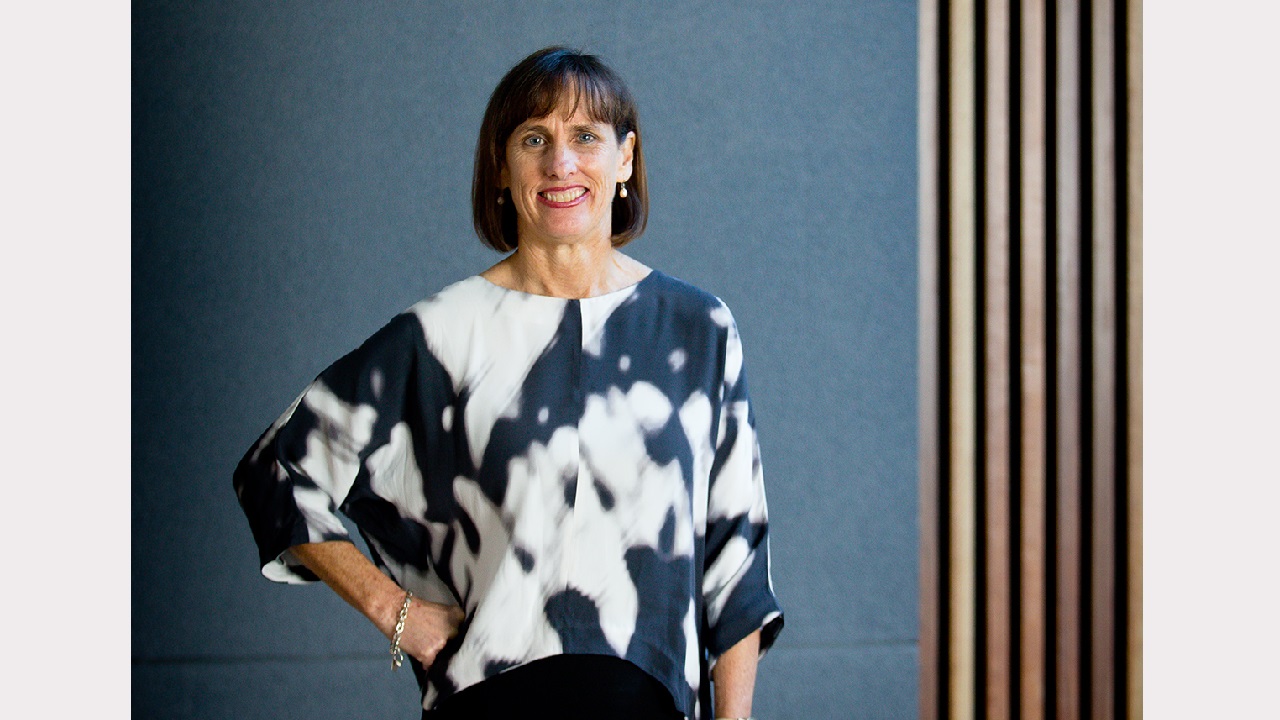Fresh insight into why doctors sometimes provide futile treatment
Fresh insight into why doctors sometimes provide futile treatment
by Heather Wiseman
Friday, June 24, 2016
Terminally ill patients wanting to avoid futile medical treatment which increases or prolongs their suffering may achieve better outcomes if they actively encourage doctors to discuss their prognosis, according to a leading Brisbane-based researcher.
Professor Lindy Willmott, director of the Australian Centre for Health Law Research at the Queensland University of Technology, was part of an interdisciplinary team which investigated why doctors sometimes provide futile treatment at the end of life.
The team’s research, recently published in the Journal of Medical Ethics, found the most common reason doctors gave for providing futile treatment was that they were trained to treat and their role is to provide treatment that cures.
This left them more likely to pursue a cure, rather than appropriate palliative care, particularly if they were inexperienced or among those doctors who saw “every death as a failure”.
“At a personal level, it is a powerful reminder that not all end-of-life treatment is good for us.”
Professor Willmott, who has a socio-legal background, said the research demonstrated that many hospital doctors don’t like talking about death and dying and that they are often working in high-pressure environments which are not conducive to having in-depth conversations. Medical education is needed to better equip doctors to diagnose dying and understand when to move from a curative to palliative pathway. However, patients could also play a constructive role by instigating communication about treatment outcomes.
“It would be a good thing if families and patients felt equipped to raise the discussion,” Professor Willmott told Palliative Matters.
“If the family is saying to doctors ‘Talk to us honestly and openly – is my mother dying and can we talk about what is best for her?’, it might give doctors permission to talk more openly and honestly about the diagnosis and prognosis, and whether the palliative pathway is an option.”
The second most common reason doctors gave for providing futile treatment was that patients or families requested it. This was particularly likely when doctors feared patients taking legal action. It was exacerbated when poor communication meant patients and families were demanding treatment because they didn’t understand how close their loved one is to dying.
A cardiology consultant, who was one of the 96 Brisbane-based hospital doctors interviewed for the research, said patients’ families often had unrealistic expectations. Providing futile treatment probably came down to “how forthright or aggressive the family are and also come down to the doctor’s ability to deal with that; their confidence or their courage of conviction”.
Professor Willmott said in interviews for the research, doctors often commented on patients’ perception that if they have a life-threatening event – such as a cardiac arrest and -- are resuscitated, they will return to being in peak health.
“That is just an unrealistic expectation and some doctors suggested it may be a result of too many shows on TV,” she said.
“We need to educate the community to talk about death and dying and the limits of modern medicine.”
Patients who were dying also needed to consider whether they wanted to go to hospital, with the research highlighting that the default position for hospitals tended to be providing acute care, even for dying patients for whom palliative care was warranted.
The paper quoted one surgical consultant who acknowledged procedures are sometimes performed even when they don’t change patient outcomes. He gave the example of doing “a big operation” to take out “most” of a patient’s cancer.
“But because it was only most of it, it’s not actually going to change anything,” the consultant said.
“If we’d thought that through beforehand, we would’ve not done that treatment.”
Specialisation within medicine meant doctors were often focussed on a patient’s particular organ or body system, which made them less likely to assess full range of the patient’s health problems and understand when a particular intervention was futile. Hospitals were designed to provide acute care, with doctors likening it to being on a “treadmill” or an “express train that only goes in one direction”.
Professor Willmott, who is a Palliative Care Australia board member, said understanding this might encourage patients to ask whether palliative care would provide better quality of life than continuous attempts at a cure, right up to the time of death.
She says the research provides a reminder that hospitals tend not to have one doctor who stands back and looks at the whole patient in order to determine ‘With all of these interventions what does that mean for the person as a whole?’ or ‘When does it become burdensome and not in their best interests?’.
“At a personal level, it is a powerful reminder that not all end-of-life treatment is good for us.”
The research was conducted by an interdisciplinary team with expertise in law, health economics, medicine, social science, ethics and psychology.
